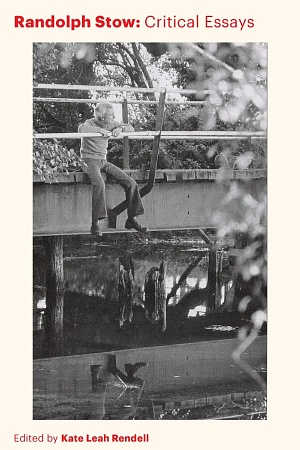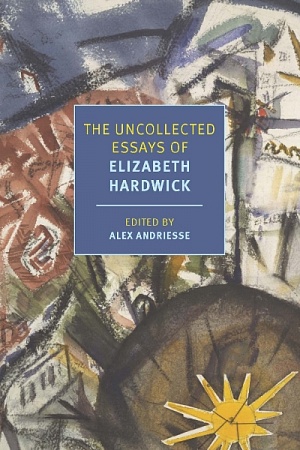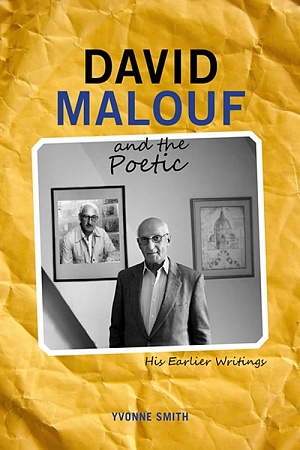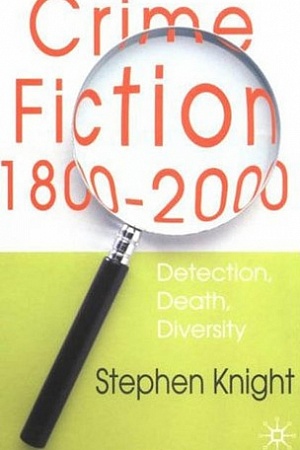Fifty Key Literary Theorists
Routledge, $42 pb, 268 pp
Fifty Key Literary Theorists by Richard J. Lane
The title of Richard J. Lane’s guidebook contains a small allusion to the changes that have occurred in literary studies over the past half-century. There was a time when universities trained critics; these days, everyone is a theorist.
The distinction might be regarded as minor, academic even. A critic is already a kind of theorist. He or she inevitably deals with ideas that have social, political and ethical implications. Well before the rise of theory, influential humanist critics such as F.R. Leavis and Lionel Trilling were explicitly concerned with the question of literature’s cultural function. But the change in designation does reflect a genuine change in emphasis, the reasons for which are many and complex. Taken as a whole, Lane’s fifty introductory essays could be read as a disjointed intellectual history, outlining quarrels between versions of formalism and historicism, between competing social visions and political ideologies. It is also a history of cross-disciplinary influence, as the study of literature has responded to new ideas in philosophy, linguistics and psychoanalysis, and to the historical and technological changes that have led to feminism, post-colonialism, and the globalised, postmodern world – all of which have demanded a sometimes radical reassessment of a host of cultural and aesthetic assumptions. At least part of the story is a welcome opening up of a discipline that, in certain manifestations, could be absurdly rarefied. In 1948, Leavis published a book called The Great Tradition, which boiled down the great wealth of late nineteenth- and early twentieth-century literature. From the sticky residue, he extracted precisely three authors deemed worthy of scrutiny. As Christopher Hitchens once quipped, you could always tell a Leavisite by his bare shelves.
Continue reading for only $10 per month. Subscribe and gain full access to Australian Book Review. Already a subscriber? Sign in. If you need assistance, feel free to contact us.















Leave a comment
If you are an ABR subscriber, you will need to sign in to post a comment.
If you have forgotten your sign in details, or if you receive an error message when trying to submit your comment, please email your comment (and the name of the article to which it relates) to ABR Comments. We will review your comment and, subject to approval, we will post it under your name.
Please note that all comments must be approved by ABR and comply with our Terms & Conditions.